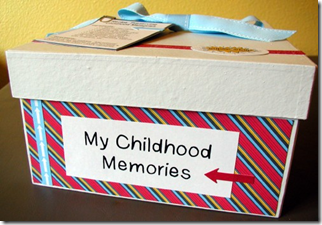Richard Marx is trapped in my head, and I didn't even know it.
/My wife decided that the theme of our next Speak Up show at Infinity Music Hall in Hartford would be "Should've Known Better."
We decided this in the car on the way to New York. As she spoke the words aloud, I said, "Isn't there a song called Should've Known Better?
And there is. It's a Richard Marx song from 1987 - almost 30 years ago.
The song never hit #1 on any billboard chart.
I've never owned a Richard Marx album.
I don't have a song by Richard Marx in my iTunes library.
I was never a Richard Marx fan.
The song probably hasn't been played on a radio station since 1990.
And yet when Elysha played the song, I knew every single word.
That song - one I don't partuicularly like by a musician I never particularly enjoyed - has been living in my head for almost three decades, just waiting to come out.
Even Elysha - a woman who has more music in her head than anyone I have ever known - didn't know the lyrics to this song.
I knew every single word.
I can't help but wonder what else is living inside my head, waiting for the moment to raise its ugly head. What other song or memory or bit of trivia is still lying dormant, as pristine as the day it was encoded into my biological hard drive, waiting for someone to ask the right question and bring it forth?
The brain is a strange thing. Capable of forgetting something you were told five seconds ago yet also able to retain enormous chunks of information over decades without any effort to maintain the integrity of the data.
Oh, and I took a look at Richard Marx's other hit songs., I know at least six others by heart.
Perhaps the man is simply a virus.

